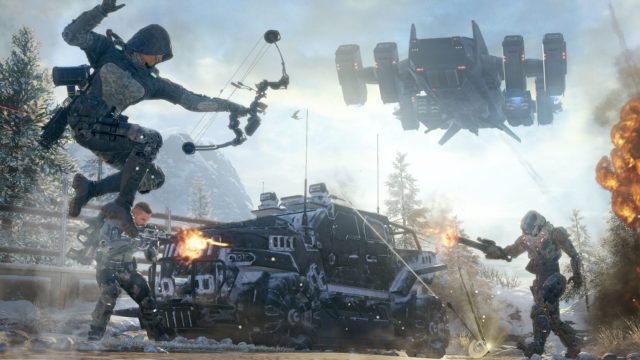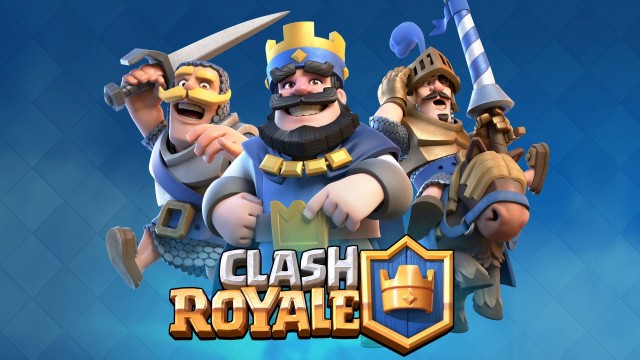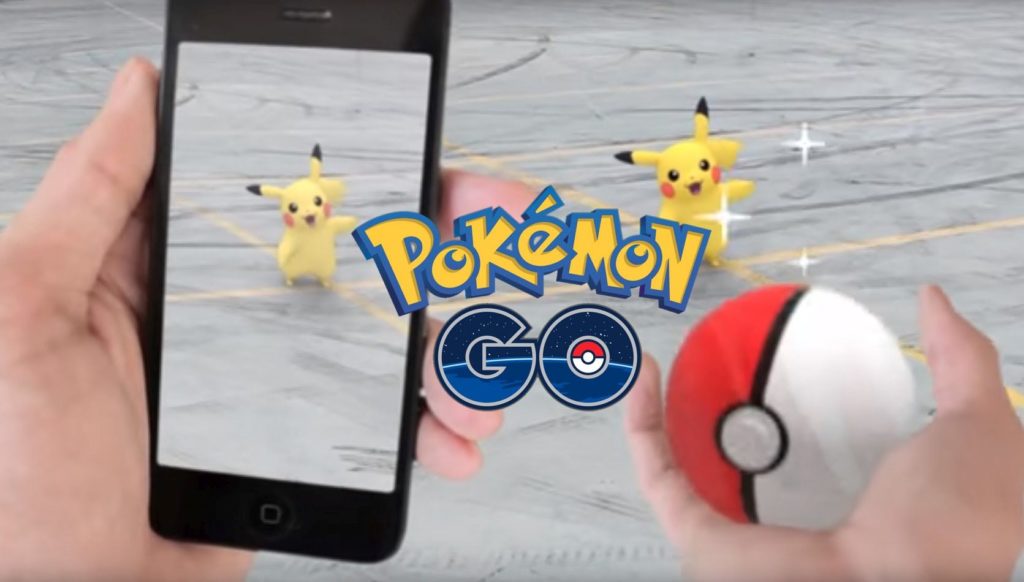Making its world debut in July, Pokémon GO shot up to first place in both grossing and download rankings for every country it launched in. According to the latest digital game revenue report by SuperData, this makes Niantic’s creature-catching game the most successful mobile launch in history. While gamers worried about Nintendo’s move to mobile, Pokémon GO caught on faster than “YOLO,” and has been for many, far less annoying. The strategy of using “gateway” mobile games to attract non-traditional gamers to consoles and handhelds has thus far paid off, opening the floodgates of nostalgic fans and newcomers alike onto the streets. Music streaming services reported a spike in plays for the Pokémon theme song, and Nintendo responded with plans to explore additional merchandising to meet demands.
In his July 2016 revenue report, SuperData CEO, Joost van Dreunen notes a connection between the success of Pokémon GO and increased consumption of the Nintendo 3DS handheld gaming system. “3DS unit sales rose by over 50 percent year over year,” van Dreunen reported, “An astonishing feat for under-powered hardware nearing the end of its lifespan. Furthermore, sales of 3DS games boomed. Combined sales of Pokémon Omega Red and Alpha Sapphire and Pokémon X and Y (2015 and 2013 releases) nearly doubled. Pokémon GO is the only factor that can explain jumps in sales of this magnitude. We are optimistic that mobile spin-offs for Fire Emblem and Animal Crossing will have a positive impact on Nintendo’s ecosystem.”
Thanks to Pokémon GO and reduced prices for the 2DS, the combined spending for 3DS and 2DS handheld systems increased by 44 percent to $28 million in July 2016, according to a report by The NPD Group.

July 2016: Digital Video Game Sales
The digital games market reached $5.9 billion in total sales last month, up 10 percent from July 2015. The mobile game category experienced the most growth at 16 percent, followed by digital console and free-to-play PC games, both growing by 11 percent. SuperData describes the summer video games season as “much stronger than expected” due to several high-performing titles such as Overwatch, The Division, and of course Pokémon GO. Overall, social gaming, PC DLC and pay-to-play MMOs all saw a decline in sales.
Top-selling digital console games include Call of Duty: Black Ops III, FIFA 16, Grand Theft Auto V, Tom Clancy’s The Division and Overwatch (listed in order from number one to five). For PC DLC, Overwatch reigned supreme in July, followed by Counter-Strike: Global Offensive (CS:GO), Minecraft, Guild Wars 2 and Doom. The top free-to-play MMO title was League of Legends, while World of Warcraft West topped the pay-to-play MMO category. On mobile, it’s no surprise that Pokémon GO took the number one spot, knocking Monster Strike down to number two.

To Clone Or Not To Clone?
SuperData observed the pros and cons of IP-sharing, particularly when it comes to Supercell’s Clash of Clans and Clash Royale, which dropped to number four and five on the charts for July. “It appears Clash Royale is cannibalizing Clash of Clans,” noted van Dreunen. “Clash of Clans revenue initially tumbled 23 percent from March to April while Clash Royale experienced a similar drop in the same period. The downward trend has continued, with total revenue for the two titles falling 16 percent from May to June and 12 percent from June to July. Despite Clash Royale’s initial success, aggregate revenue for the Clash franchise has seen little growth overall.”
“In comparison,” van Dreunen continued, “In October 2015, Machine Zone launched Mobile Strike, a Game of War: Fire Age clone with a modern warfare theme. Despite its humble launch, Mobile Strike grew rapidly achieving 3rd place in revenue ranking this July, right behind Pokémon GO and Asian juggernaut Monster Strike. However, Mobile Strike’s impressive rise came at little cost to Game of War. Both titles are enjoying significant growth, with total Game of War revenue for the first half of 2016 up 16 percent year over year.”

